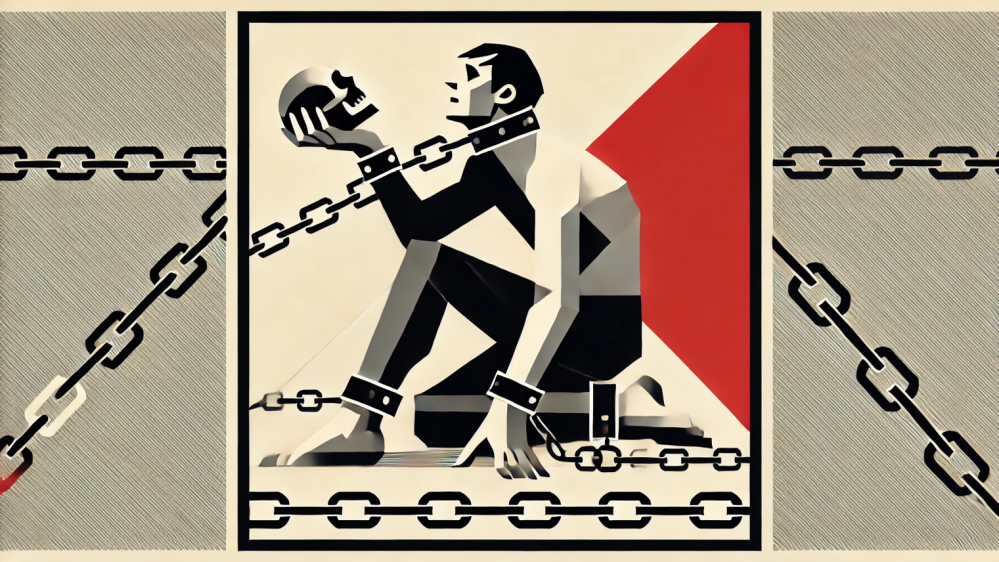Creativity in Chains: The Diversity Agenda
- 18:30 - 20:00
- Wednesday 27 November 2024
- Liszt Institute, Treurenberg 10, 1000 Bruxelles
REGISTER HERE
The increasing push for diversity quotas in art and culture threatens to undermine the creative freedom that is essential to artistic expression. Cultural institutions, from the Academy Awards to European film bodies, are enforcing strict inclusion standards that dictate not only who must be represented but also how. Since 2019, The British Academy of Film and Television Awards (BAFTA) has applied this standard to its two domestic categories, while the European Film Academy followed suit in 2022.
The European Film Academy are the hosts of the annual European Film Awards, of which the European Commission is not only a major sponsor but also a main contributor. The European Commission’s Creative Europe MEDIA Programme directly supported 17 nominees of last year’s European film awards. These 16 films embody the “European Commission priorities such as the Green Deal, inclusiveness and gender balance.”
These mandates risk turning art into a form of propaganda, forcing artists to prioritise meeting diversity requirements over artistic integrity.
A striking example is the criticism surrounding the casting of The Promised Land, a historical film set in 18th-century Denmark, which was questioned for not featuring a more diverse cast despite its historical context. Similarly, the recent backlash against the casting of Jacob Elordi in Wuthering Heights shows the complexity of applying modern diversity expectations to stories and settings that should be free to interpretation. In both cases, filmmakers and creators are pressured to prioritise contemporary diversity agendas over the organic demands of their narrative or vision.
Historically, filmmakers and artists have found creative ways to challenge prescriptive rules, as seen with Alfred Hitchcock’s subversion of the Hays Code. But today’s inclusion standards go further than censorship—they demand that certain content and demographics be represented, threatening to homogenise art. By prescribing what art must depict, these standards reduce the space for innovation and risk reducing art to a tool for promoting specific political agendas. As a result, cinema and other art forms are in danger of losing their power to explore complex, controversial, or unique perspectives, compromising their ability to engage audiences in meaningful and diverse ways. The future of artistic freedom is at stake.
What happens to art, and with it peoples' ability to express their ideas, when modern diversity standards override creative freedom?
Speakers:
- Matthew Gasda, writer, director, and critic. He is the founder of the Brooklyn Center for Theater Research. He has 3 books forthcoming in 2025: a play collection, a novel, and a selection of his public diaries
- Dr. Elena Louisa Lange, former Musician and Recording Artist. Today, she is editor-in-chief of Café Américain magazine (cafeamericainmag.com)
- Tomiwa Owolade, journalist and the author of the book This is Not America
- Dr. Maren Thom, Senior Research Fellow MCC Brussels


